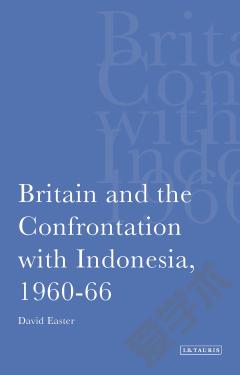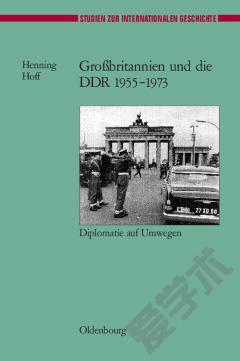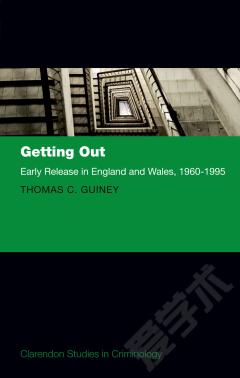Britain and the Confrontation with Indonesia, 1960-66
The confrontation with Indonesia cut to the heart of Britain's desire to retain global power status in the 1960s and was central to decolonisation and British defence policy across South-East Asia. Factors such as the need to maintain a military base in Singapore and protect newly established Malaysia, drove strategy and made this a major commitment - close at times to escalating into full-scale regional war.However, 'the Confrontation' was not recorded as a conflict of this scale, and Britain was cast into only a passive and defensive role. Here, David Easter reveals a radically different view, persuasively making the case that Britain waged a secret war against President Sukarno's Indonesia - supporting rebel groups, spreading propaganda and carrying out clandestine cross-border raids so as to protect her regional and international interests. It was the covert nature of operations and the deliberate decision of British policy-makers to keep the full extent of this conflict away from public scrutiny that has allowed it to be obscured in the annals of history.
{{comment.content}}








 京公网安备 11010802027623号
京公网安备 11010802027623号